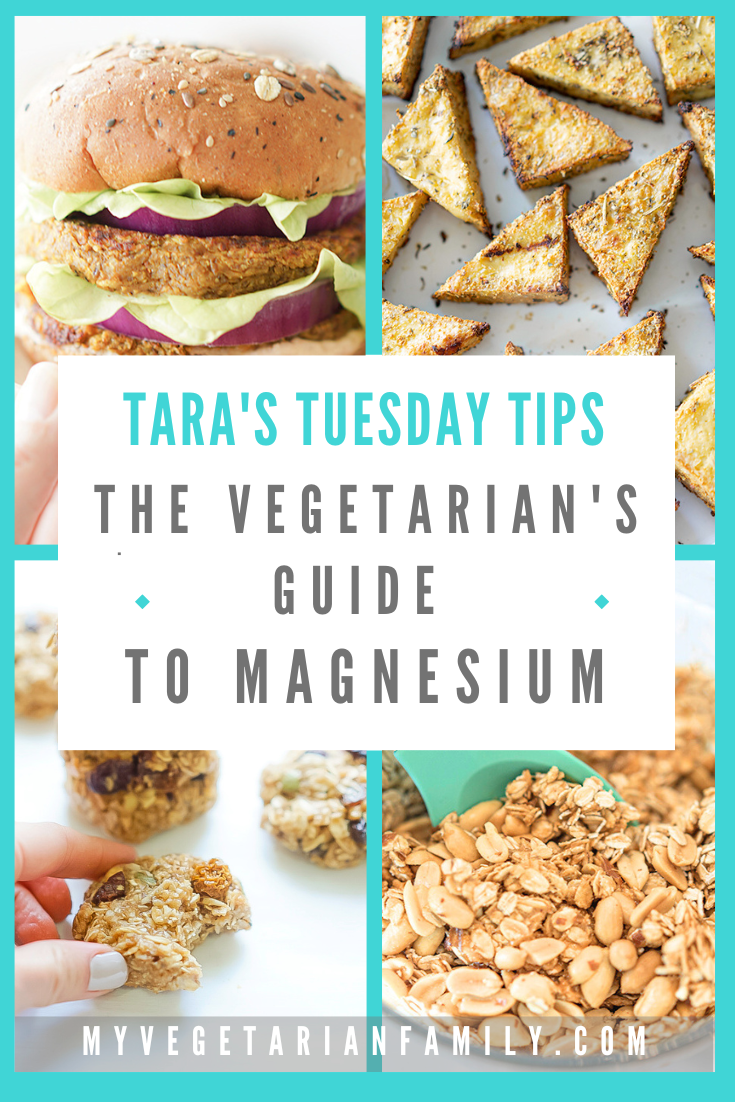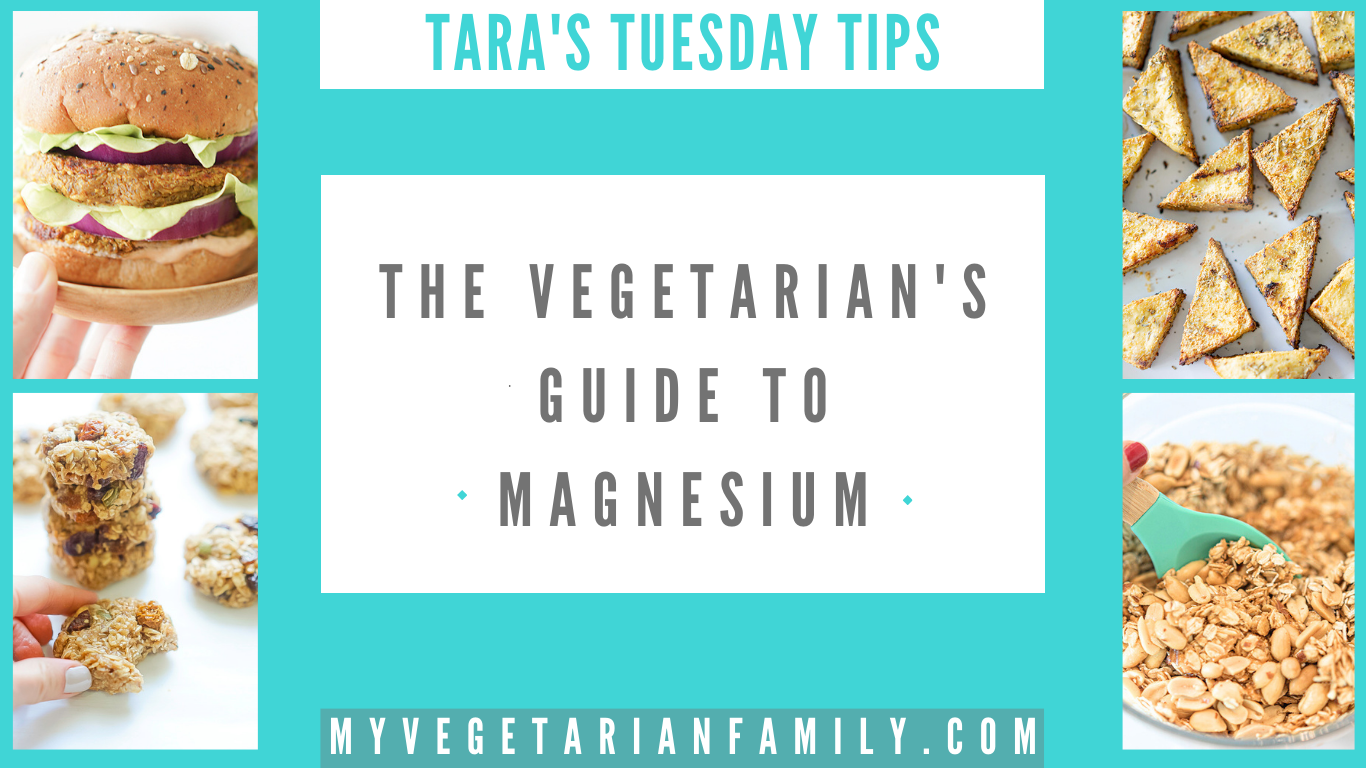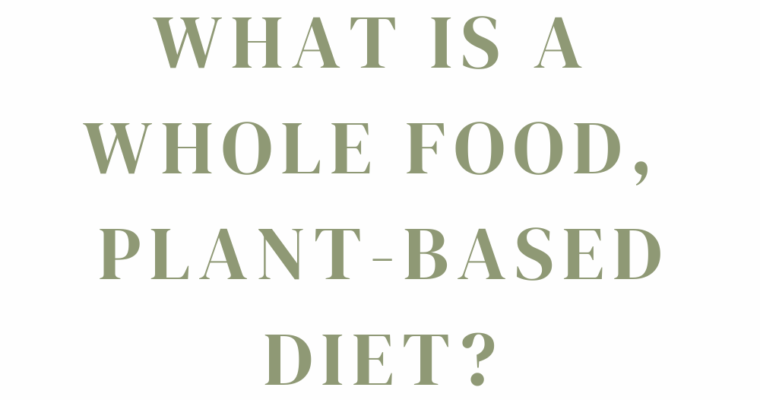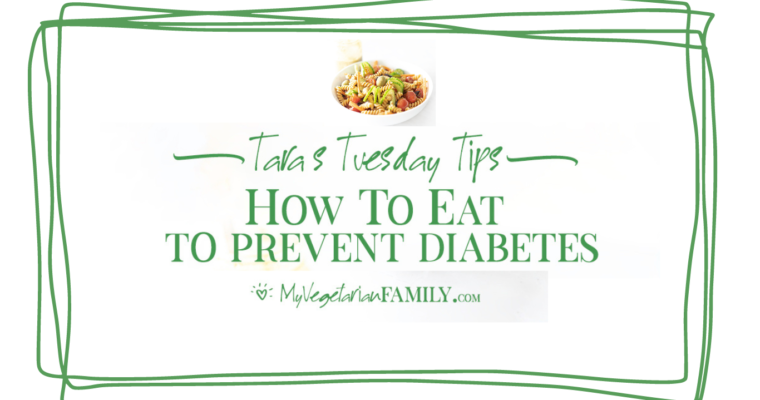Lately I feel as though everywhere I turn I see an advertisement for a magnesium supplement. To be honest, I think we are seeing lots of supplements, but magnesium is certainly having its moment in the spotlight. So today, I decided to devote a little time to the lovely little mineral, magnesium. Vegetarian or not, getting enough magnesium can be so easy to do if we know where to find it in our everyday foods. But what if we don’t? Today I bring you … The Vegetarian’s Guide to Magnesium.
Tara’s Tuesday Tips:
The Vegetarian’s Guide to Magnesium
The National Institute of Health reports that the majority of the US population does not get enough magnesium. This is especially true for men over the age of 70 and teenagers (NIH.org). Magnesium is super important + is involved in hundreds of reactions in our bodies every day. Above all, it really isn’t that difficult to get enough in the foods you eat if you focus on variety and prioritize eating a plant-forward diet. (What Is Plant-Forward Eating?)
What happens if we don’t get enough magnesium?
Short term, there are no obvious symptoms of deficiency. However, if you have chronically low magnesium, your body will definitely be sending you warning signs including chronic fatigue, muscle weakness or cramping, numbness or tingling in your hands or feet, or unexplained arrhythmias. If your intake of magnesium stays low for a long period of time you will increase your risk of developing hypertension, stroke, migraines, heart disease, diabetes, insulin resistance, low bone density and osteoporosis. I told you this lovely little mineral is important!
In what ways can getting magnesium help us?
Magnesium is in every cell in our bodies and is considered a “helper molecule”. Thanks to magnesium, we have muscle contractions, DNA repair, and nervous system regulations.
So, getting enough magnesium can help with:
- Sleep
- Depression
- Stress regulation
- Exercise performance
- Blood sugar regulation
- Migraine headaches
- PMS symptoms
Who is most at risk for magnesium deficiency:
- Type 2 diabetics
- Long-term alcoholics
- GI disease sufferers including Chron’s disease and Celiac disease
If you choose to supplement magnesium
First, read this: Should You Be Taking Supplements as a Vegetarian?.
Second, never ever start a supplement without talking to your healthcare provider and getting baseline labs. Remember, supplements are not regulated by the FDA and are very expensive. So, use lots of caution when purchasing a supplement and taking it. Magnesium supplements are popping up everywhere! Collectively, people are tired, stressed, sleeping poorly, and want something to blame it on. Great marketing has helped magnesium rise to fame.
Third, if you are experiencing any of the symptoms I mentioned above, don’t assume you have a deficiency and start blindly supplementing to see if you will feel better! Get a blood test!
Above all, remember, the upper recommended limit of magnesium supplementation is 350mg. Don’t overdo it!
The Vegetarian’s Guide to Foods Rich in Magnesium
Leafy Greens
- Spinach, kale, swiss chard
Seeds
Chia, flax, hemp
Legumes
Lima beans, chickpeas, lentils, kidney beans, soy beans (tofu, edamame)
Whole Grains
Brown rice, quinoa, whole wheat breads/flours/pasta
Misc
Dark Chocolate, bananas, avocado, yogurt
Food For Thought
Magnesium is essential for all of us, but it isn’t difficult to get enough with your everyday foods. Eating a variety of plants is the best way to be sure you are getting enough! Remember, one single nutrient is never the one single thing that is going to make you suddenly healthy or unhealthy. If you are concerned about your overall health and you already have healthy behaviors in place, start with adding a high-quality multivitamin, but never ever blindly supplement without a blood test.
Above all, please do not take nutrition or supplement information from an influencer without a medical background or facts rooted in scientific research. Finally, I am a doctorate prepared nurse practitioner and have researched and studied nutrition, food, and its relationship to disease in great detail but I am not your healthcare provider. Please see your personal healthcare provider and remember, the information on this blog is not individualized medical advice. That being said, eat plants, lots of them, make sure you focus on variety, fiber, wholesome foods that make you feel good and you enjoy in the company of people you love.
All the best,
Tara 👩🏻🍳💚
The Vegetarian’s Guide to Recipes High in Magnesium
Vegan Tofu Palak Paneer Recipe
Spicy Garlic Tofu With Vegetables
Pumpkin Chia Seed Overnight Oats
Easy Lentil Veggie Burger (Eggless!)
Instant Pot Fried Brown Rice (Oil-Free!)
Quinoa Black Bean Salad with Lime Dressing
Healthy Eggless Oatmeal Banana Bread
Eggless Baked Banana Bread Donuts
Strawberry Banana Nice Cream (No Dairy + No Eggs + No Sugar!)

⭐Did you learn about getting enough magnesium as a vegetarian? Leave a comment below!
📸I love to see your creations! Follow me on Instagram @myvegetarianfamily and hashtag it #myvegetarianfamily
📩Be sure to subscribe here to my weekly emails for tips + recipes so that you never miss a veggie thing!


